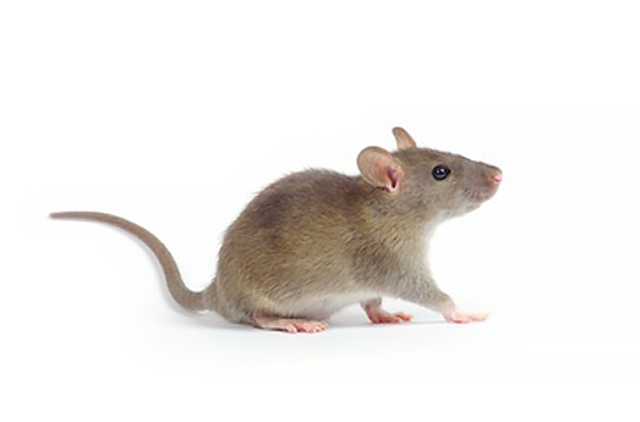
Rats and mice are the most commonly encountered nuisance animals and represent the greatest health threat to humans and pets. Rats are known to transmit plague, typhus, food poisoning, leptospirosis, ratbite fever, trichinosis and other diseases. Mice transmit lymphocytic choriomeningitis and rickettsialpoy. Additionally, rats and mice deposit urine and feces everywhere they travel. The also carry fleas and mites that can transmit disease.
Rats and mice prefer dark, enclosed areas that are not regularly cleaned and are close to sources of food and water. Likely locations for nests include:
- Double walls
- Wooden floors in basements
- Staircases
- Wooden sidewalks
- Boxed-in plumbing
- Closed platformsUnder furniture
- In piles of rubbish and ashes
- In/around old boxes
- Abandoned automobiles
- Piles of old paper
- In rag piles
- Discarded furniture and bedding
- Lumber & stored building materials
Rats and mice also can burrow. Rats can burrow up to four feet deep and have connecting tunnels with multiple exits.
To avoid infestation by rats and mice:
- Use trash cans with tight-fitting lids.
- Don’t store refuse or discarded items.
- Pick up litter or refuse left on the ground.
- Make sure doors and windows fit snugly within their frames and are free of holes or gaps. Rotted or gnawed through panels should be replaced or repaired with metal channels or flashing
- Replace broken window panes promptly.
- Fill in openings in foundation walls with masonry or metal collars/shields (it only takes a half inch opening for a rat to enter).
- Make sure floor drains have covers with openings less than half an inch in diameter and are in good repair.
- Screen openings on roofs, ventilators, clothes dryer vents, etc. with hardware cloth.
- Avoid feeding pets outside when possible. If feeding pets outside is unavoidable, empty any uneaten food at least daily (this will help deter rats and mice as well as help protect your pets from disease transmitted by rats and mice).
If infestation does occur it is permissible for property owners to kill rats and mice using traps and/or poison. Remember these traps and poisons can be harmful to humans and pets so follow all label directions carefully. Check the traps and bait (poison) locations frequently. Wear rubber gloves when handling dead animals, traps, and poisons. Place dead animals in sealed plastic bags and place inside trash receptacles for normal weekly refuse collection.
Barbara Ray | Nature Education Coordinator | City of Dublin
614.410.4730 | bray@dublin.oh.us
